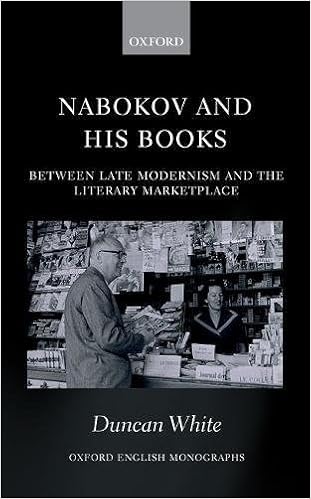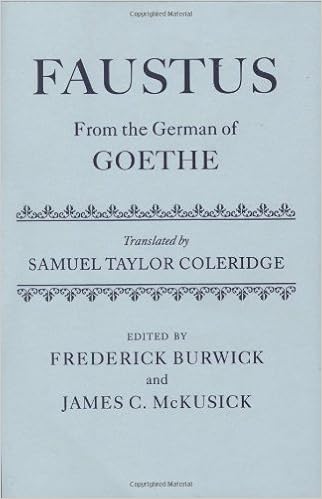
Lycanthropy in German Literature argues that as an emblem of either strength and parasitism, the human wolf of the Germanic center a long time is iconic to the illustration of the persecution of undesirables within the German cultural mind's eye from the early smooth age to the post-war literary scene.
Read or Download Lycanthropy in German Literature (Palgrave Studies in Modern European Literature) PDF
Best World Literature books
The Conquest of New Spain (Penguin Classics)
Bright, robust and soaking up, it is a first-person account of 1 of the main startling army episodes in background: the overthrow of Montezuma's doomed Aztec Empire by means of the ruthless Hernan Cortes and his band of adventurers. Bernal Díaz del Castillo, himself a soldier lower than Cortes, offers a fascinatingly specified description of the Spanish touchdown in Mexico in 1520 and their amazement on the urban, the exploitation of the natives for gold and different treasures, the expulsion and flight of the Spaniards, their regrouping and eventual catch of the Aztec capital.
On the outbreak of the second one global warfare Vladimir Nabokov stood near to wasting every thing over again. The recognition he had equipped because the pre-eminent Russian novelist in exile was once imperilled. In Nabokov and his Books, Duncan White indicates how Nabokov went to the USA and never in basic terms reinvented himself as an American author but in addition used the luck of Lolita to rescue these Russian books that were threatened via obscurity.
Faustus From the German of Goethe Translated by Samuel Taylor Coleridge
The most important paintings of German literature, Johann Wolfgang von Goethe's Faust (1808), was once translated into English through one in all Britain's so much able mediators of German literature and philosophy, Samuel Taylor Coleridge. Goethe himself two times mentioned Coleridge's translation of his Faust. Goethe's personality wrestles with the very metaphysical and theological difficulties that preoccupied Coleridge: the which means of the trademarks, the plain competition of theism and pantheism.
Gotthold Ephraim Lessing: His Life, Works, and Thought
Gotthold Ephraim Lessing (1729-1781) is the main eminent literary determine of the German Enlightenment and a author of eu importance. His variety of curiosity as dramatist, poet, critic, thinker, theologian, philologist and masses else along with was once similar to that of Voltaire, Diderot, and Rousseau, with all of whose principles he engaged.
Additional info for Lycanthropy in German Literature (Palgrave Studies in Modern European Literature)



